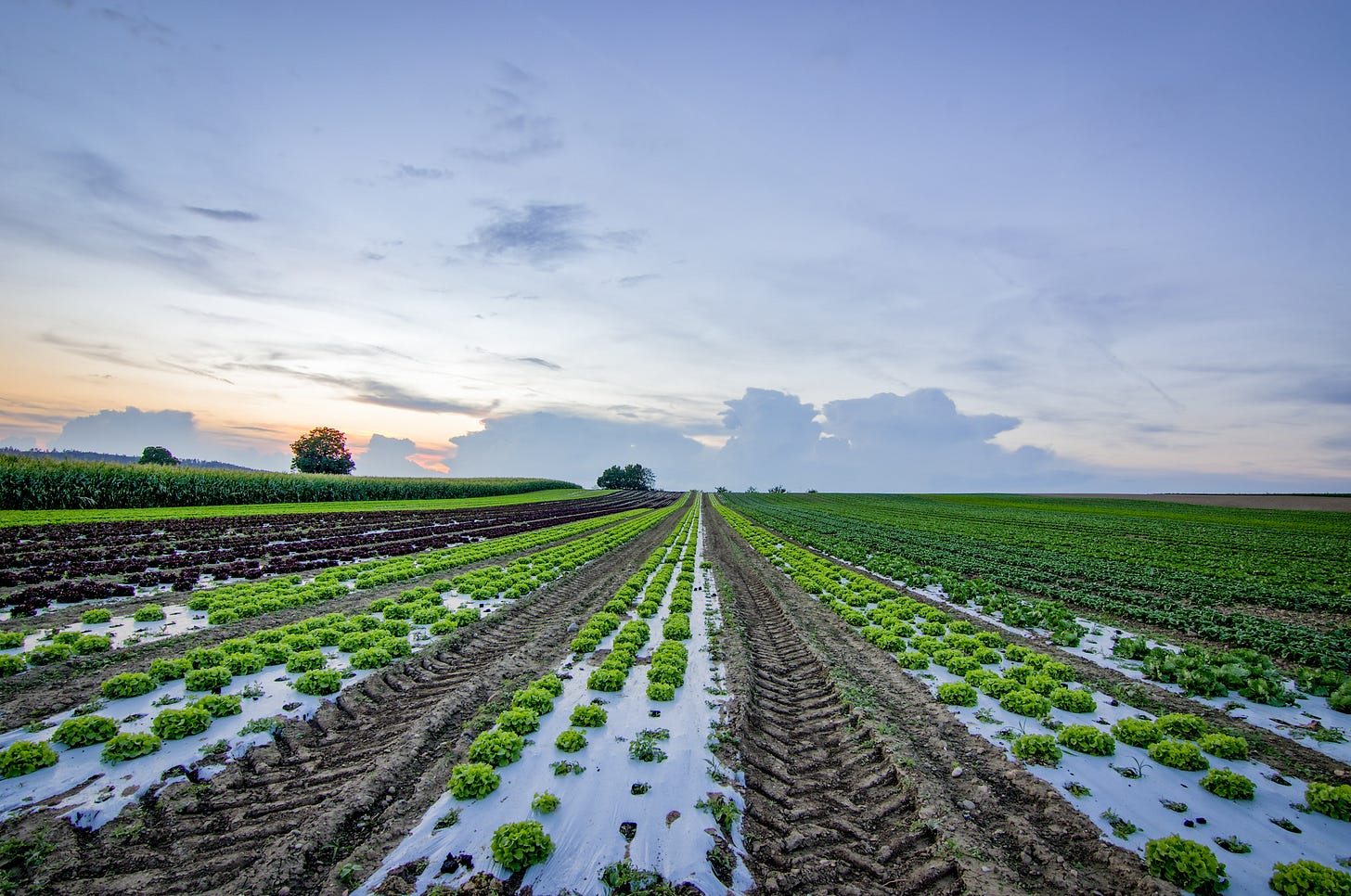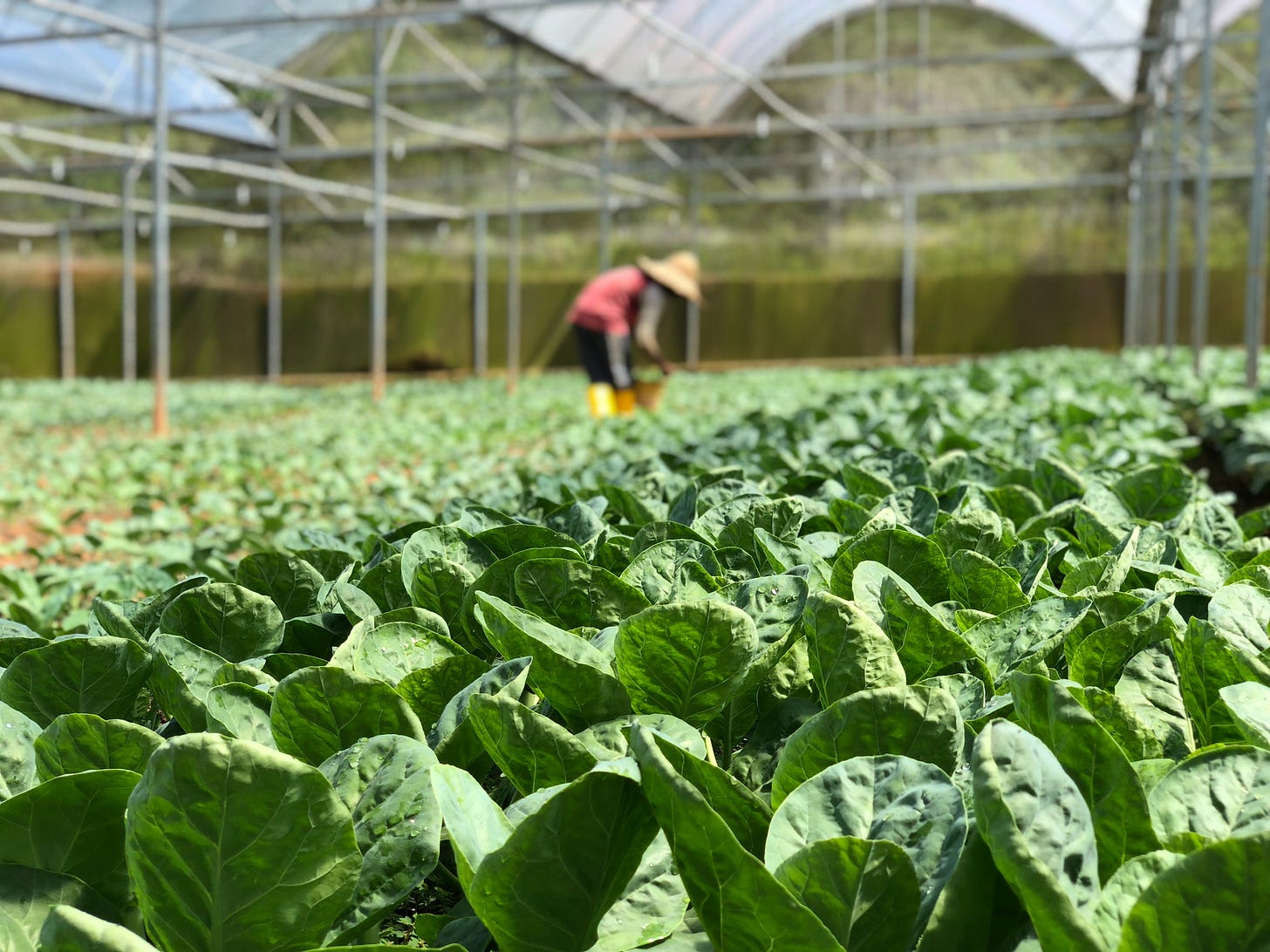
Sustainable agriculture practices have gained popularity in recent years as concerns about the environmental impact of conventional agriculture practices have grown. The use of chemical fertilizers, pesticides, and genetically modified crops has led to soil degradation, water pollution, and a decline in biodiversity. However, some farmers in the Pacific Northwest region are implementing sustainable agriculture practices to produce food in an environmentally responsible way.
Sustainable agriculture aims to use natural resources wisely, minimize waste, and promote soil health. Practices such as crop rotation, cover cropping, natural pest control, and conservation tillage are essential to this approach. Crop rotation involves planting different crops in a specific sequence to reduce soil erosion, improve soil fertility, and control pests and diseases. Cover cropping involves planting crops that protect the soil from erosion, improve soil structure, and provide habitat for beneficial insects. Natural pest control involves using natural predators, such as birds, insects, and other animals, to control pests. Conservation tillage involves minimizing soil disturbance during planting and other farm activities to promote soil health and reduce erosion.
Sustainable agriculture practices benefit both the environment and farmers. By reducing input costs such as chemical fertilizers and pesticides, farmers can increase their profit margins. Additionally, sustainable agriculture practices can improve soil health and crop yields, leading to more productive and sustainable farming operations.
The Pacific Northwest region has numerous examples of farmers who are implementing sustainable agriculture practices. Paul Muller, of Full Belly Farm in California, uses cover crops and compost to enhance soil health and promote natural pest control. By rotating his crops, he has managed to reduce the need for synthetic fertilizers and herbicides. In Oregon, the Rogue Farm Corps trains new farmers in sustainable agriculture practices, including crop rotation, composting, and integrated pest management. The organization has helped many small-scale farmers in the state adopt sustainable methods and improve the ecological health of their farms. The Organic Farm School on Whidbey Island in Washington teaches aspiring farmers how to use sustainable methods such as cover cropping, crop rotation, and natural pest control to produce food in an environmentally responsible way. Graduates of the program often go on to start their own sustainable farms or work on existing ones.
To sum it up, sustainable agriculture practices are essential to producing food in an environmentally responsible, economically viable, and socially just way. By using practices such as crop rotation, cover cropping, natural pest control, and conservation tillage, farmers in the Pacific Northwest region can reduce their environmental impact while maintaining productivity and profitability. Supporting sustainable agriculture practices can help promote a more sustainable and environmentally responsible food system.
Here are a few example of larger farms on the west coast working sustainably to grow our food. Good farming practices can be done at any scale and are happening throughout the country and world.
Oregon:
Gathering Together Farm in Philomath, Oregon, uses crop rotation and cover cropping to improve soil health and natural pest control. They also use drip irrigation to conserve water.
Wobbly Cart Farm in Olympia, Oregon, uses organic farming methods, crop rotation, and cover cropping to reduce the use of pesticides and herbicides. They also practice agroforestry by integrating trees into their farming system for soil conservation and biodiversity.
Our Table Cooperative in Sherwood, Oregon, focuses on sustainable farming practices such as composting, crop rotation, and using natural pest control. They also prioritize using renewable energy and reducing waste in their farming operations.
Washington:
Oxbow Farm & Conservation Center in Carnation, Washington, uses cover cropping, crop rotation, and no-till practices to improve soil health and reduce erosion. They also prioritize conservation efforts such as restoring wetlands and planting hedgerows to support biodiversity.
Nash's Organic Produce in Sequim, Washington, practices sustainable farming methods such as crop rotation, cover cropping, and composting to reduce the use of synthetic fertilizers and pesticides. They also use renewable energy and have installed solar panels on their farm.
Viva Farms in Burlington, Washington, trains and supports small-scale farmers who use sustainable agricultural practices such as crop rotation, integrated pest management, and soil conservation. They also prioritize social equity and aim to provide access to healthy food for all members of the community.
California:
Full Belly Farm in the Capay Valley, is a certified organic farm that uses sustainable practices such as crop rotation, cover cropping, and integrated pest management. They also prioritize soil health and use composting and other natural methods to build soil fertility. Paul Muller discusses no-till experiments in Central California.
County Line Harvest has locations in both Sonoma County and Imperial Valley and focuses on growing organic produce using sustainable practices. They use cover crops, composting, and natural pest control methods to maintain healthy soil and reduce their impact on the environment.
Terra Firma Farm in Winters, uses sustainable practices such as crop rotation, cover cropping, and natural pest control to produce a variety of organic fruits and vegetables. They also prioritize water conservation and use drip irrigation to minimize water waste.
Solidarity Farm a family-owned farm in San Diego County focuses on sustainable agriculture and uses practices such as crop rotation, composting, and cover cropping to maintain soil health and reduce their environmental impact. They also prioritize community involvement and offer educational tours and workshops.
Frog Hollow Farm in Brentwood, is a certified organic farm that uses sustainable practices such as cover cropping, natural pest control, and composting. They also prioritize biodiversity and plant a variety of crops to support beneficial insects and other wildlife.






